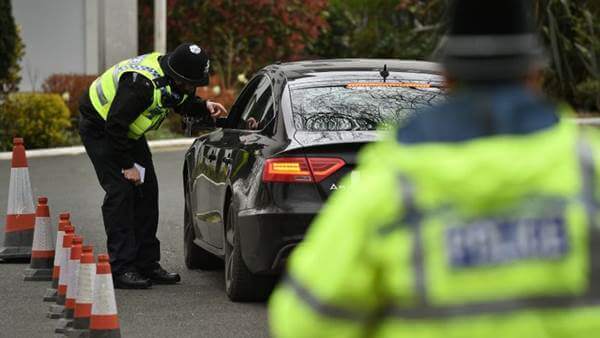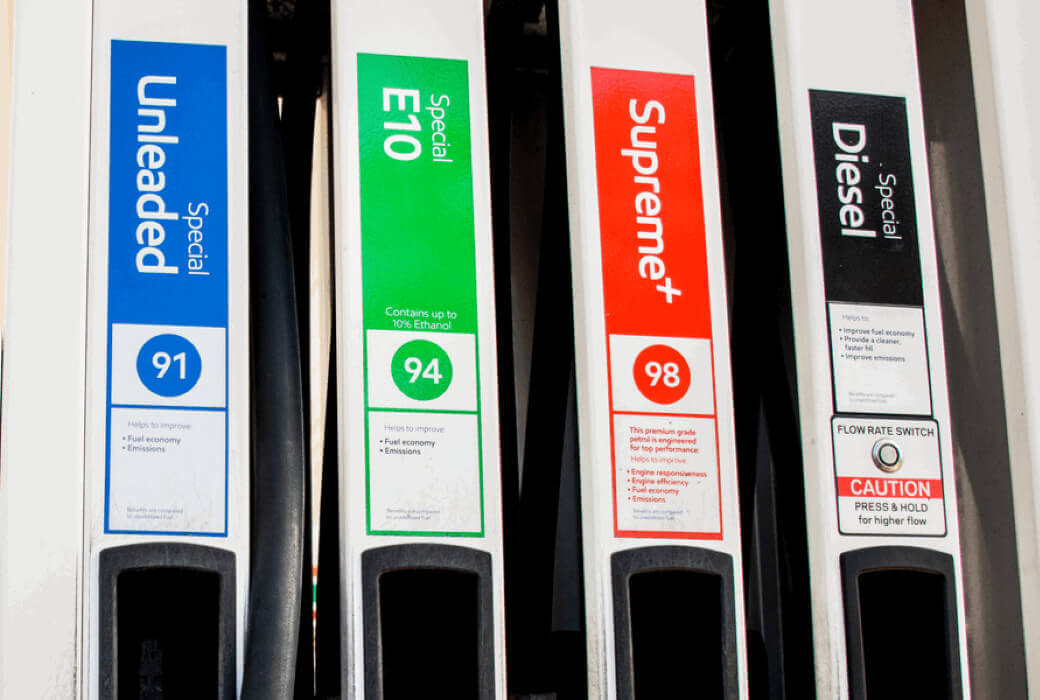
Are you prepared for the three new driving laws being introduced in September 2021?
UK Drivers will see changes to driving licence laws, fuel availability and new vehicle licence plates standards throughout September. We take a look at each new law and how they may affect you.
Driving Licence Extension Due to Expire
Whilst the UK was battling against the global pandemic last year, the Driver and Vehicle Licensing Agency (DVLA) extended all driving licences that were due to expire between 1 February and 31 December 2020, for a further period of 11 months.
This means that any driving licences that were originally due to expire in October 2020 were valid until September 2021 and will no longer be valid.
Drivers are urged to check their driving licence expiration date and take corrective measures to re-apply to the DVLA as those failing to renew their licence could be issued a £1,000 fine.
However, the DVLA has confirmed that drivers can continue driving if they receive confirmation that their renewal application is being processed.
This law is equally important for Fleet Managers, responsible for ensuring the compliance of their drivers. Solutions offered by Licence Bureau and TTC Continuum allow Fleet Managers to perform online driving licence verification checks and will be notified of any drivers whose licence has expired.
E10 Fuel Changes
The new E10 fuel standard has now been installed at petrol stations across the UK – for Northern Ireland, this E10 change is expected in early 2022.
E10 petrol contains up to 10% renewable ethanol, which will help to reduce carbon dioxide (CO2) emissions associated with petrol vehicles and tackle climate change. Petrol in the UK currently contains up to 5% renewable ethanol (known as E5).
It is estimated that this cleaner fuel could reduce CO2 emissions by 750,000 tonnes per year – the equivalent of taking 350,000 cars off the road in one go.
E10 petrol is already widely used around the world, including across Europe, the US and Australia. It has also been the reference fuel against which new cars are tested for emissions and performance since 2016.
The change in fuel applies to petrol only. Diesel fuel will not be changing.
Petrol pumps will clearly label petrol as either E10 or E5.
Whilst the introduction of the new E10 fuel standard has many benefits, most centred around the environment, drivers of older vehicles need to be aware.
Almost all (95%) petrol-powered vehicles on the road today can use E10 petrol and all cars built since 2011 are compatible. GOV.UK offers a free online E10 vehicle compatibility checker.
If your petrol vehicle or equipment is not compatible with E10 fuel, you will still be able to use E5 by purchasing the ‘super’ grade (97+ octane) petrol from most filling stations.
Vehicle Number Plate Changes
As the newest ‘71’ vehicle registrations launch 1st September 2021, the UK Government is introducing a new design and technical standards for vehicle registration plates on brand new vehicles.
The old BS AU 145d standard, which had been used since 2001, will be replaced by the new BS AU 145e standard plates.
The new standards make the new plates more durable, as well as closes some loopholes that were being used to make vehicle plates more difficult to read.
Under the new rules, number plates can only feature solid black lettering which makes it easier for Automatic Number Plate Recognition (ANPR) cameras to read them.
This means two-tone digits will not be allowed on UK number plates from September 2021, with commonly used fonts known as Carbon, Hi-line and 3D no longer permitted.
However, if existing plates meet the requirements of the old standard (BSAU 145d) then they remain legal and do not need to be changed.
The new number plates will also include the supplier’s business address and postcode, as well as allowing a limited space in the lip area to be used to advertise and personalise a plate.
Drivers could be fined up to £1,000 and the vehicle will fail its MOT test if incorrectly displayed or non-legally compliant number plates are used.

